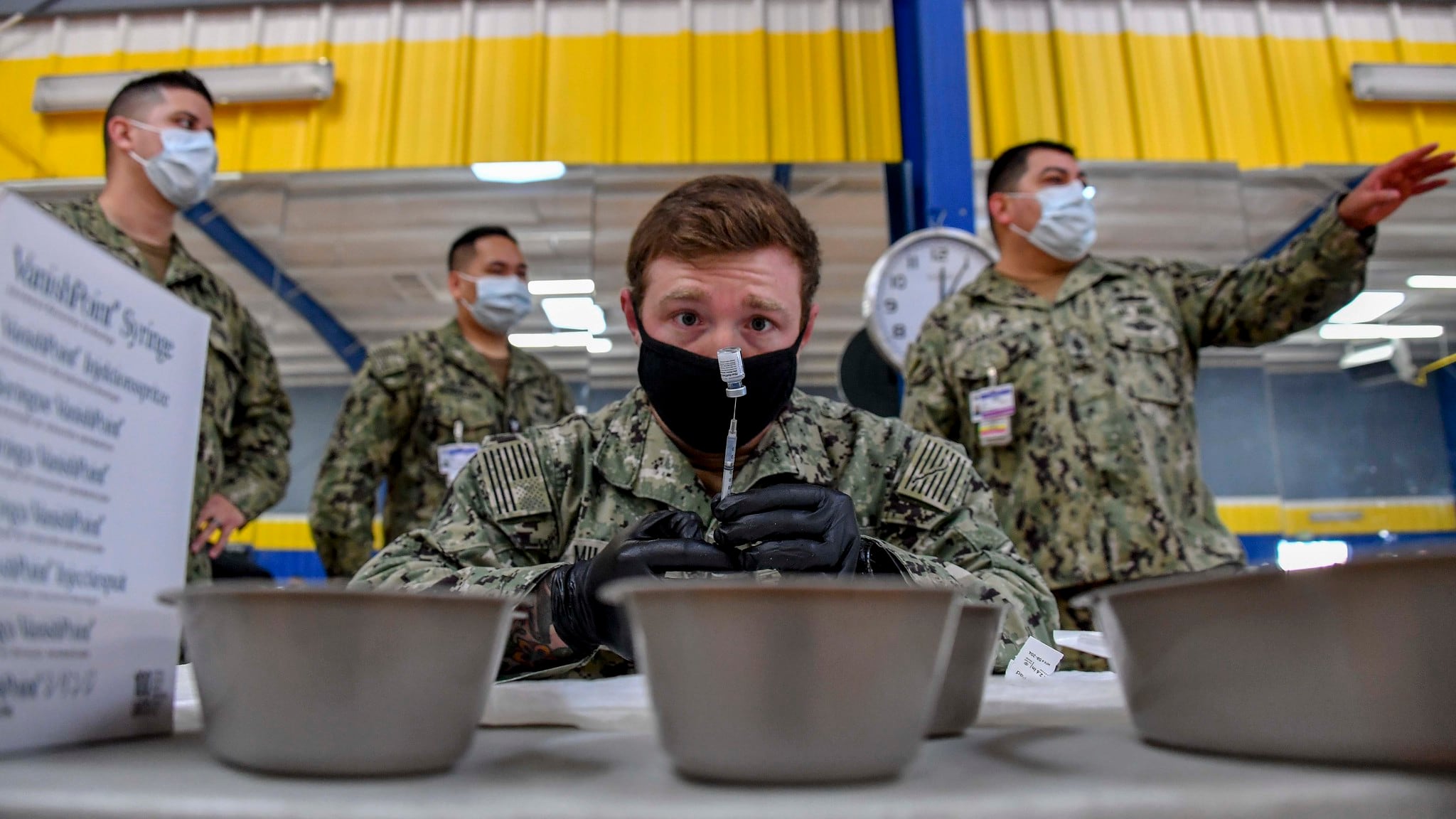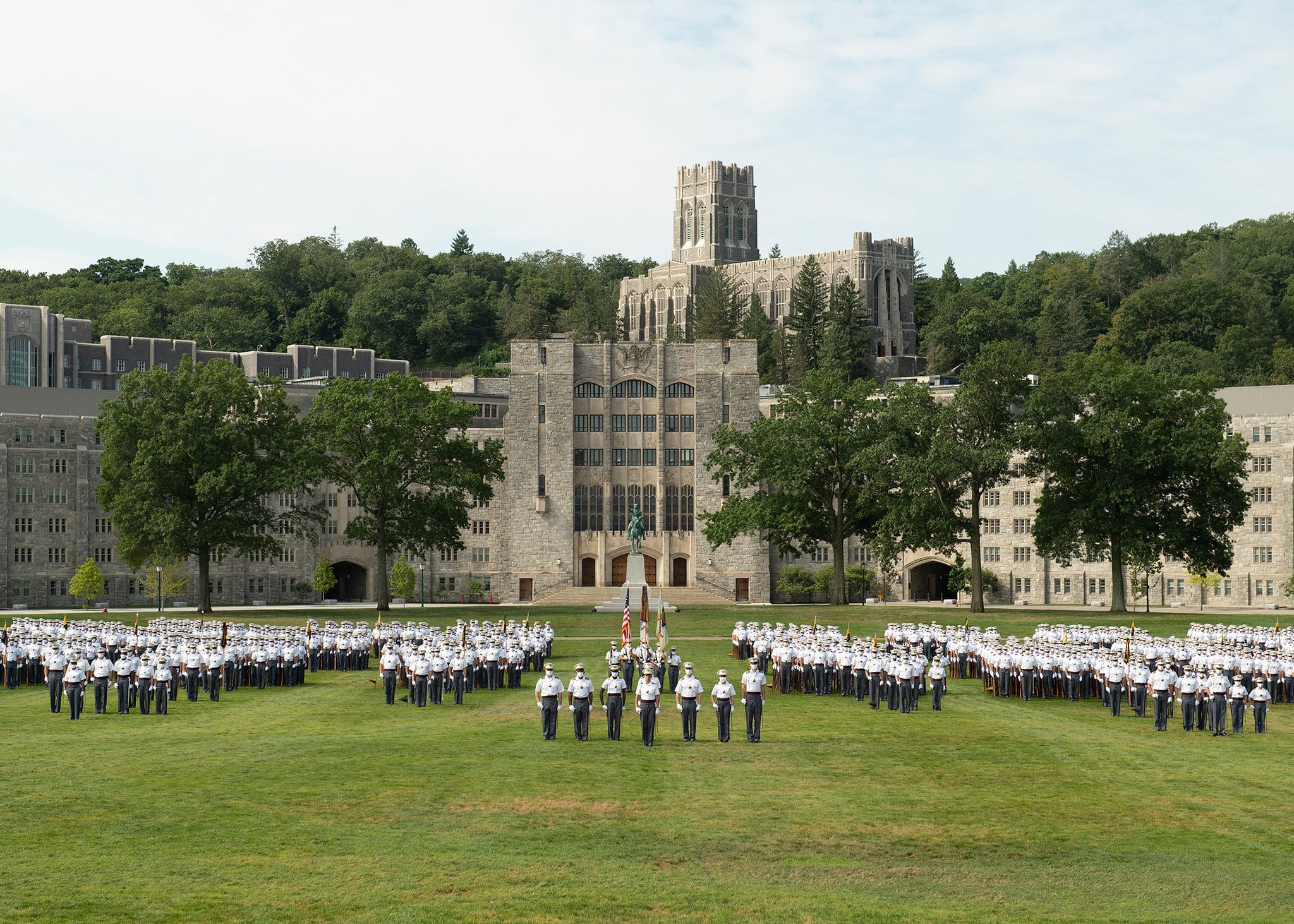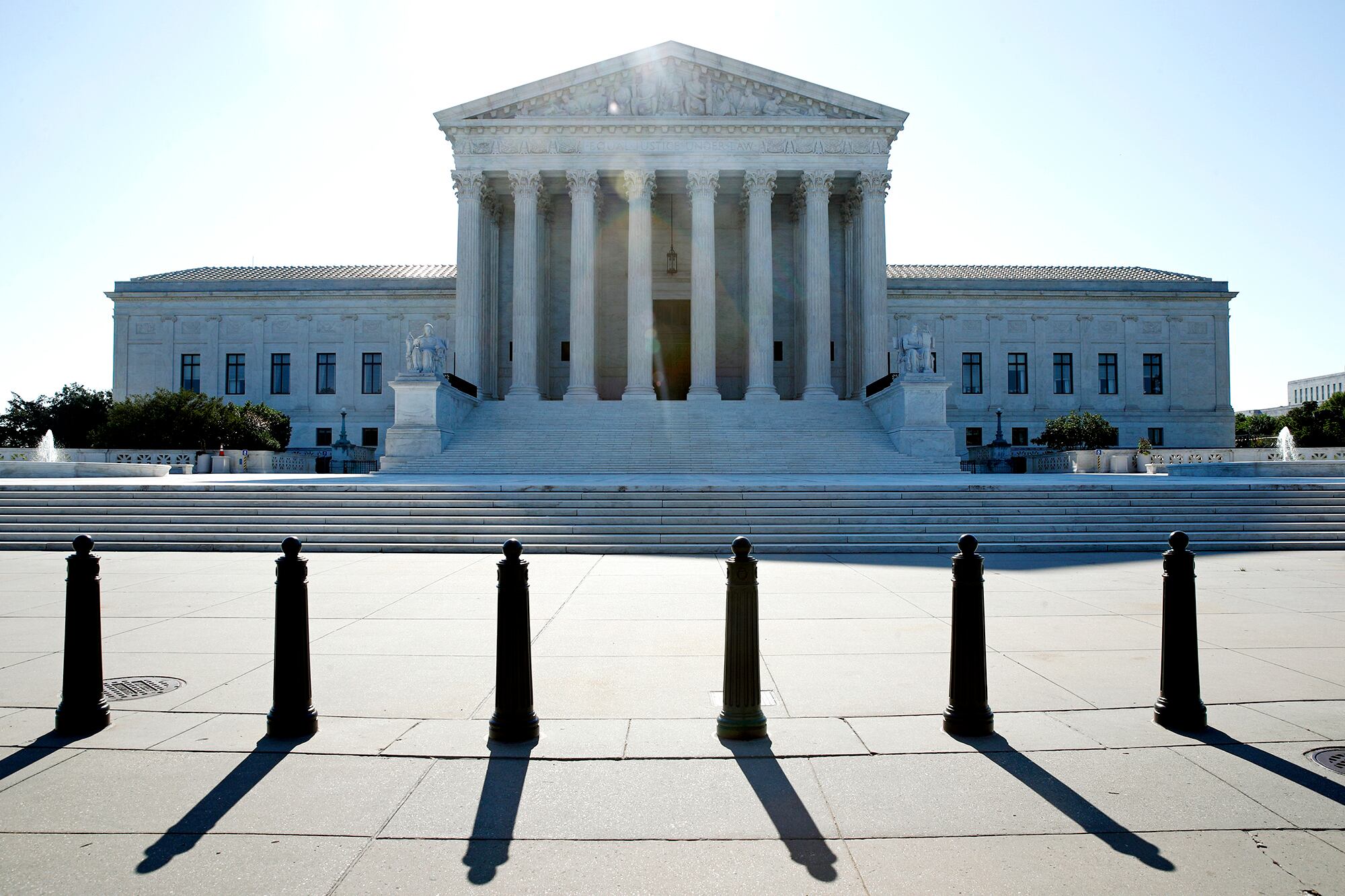The Supreme Court will decide whether veterans who missed filing deadlines for disability benefits because of injury or incapacitation should be able to ask for back pay dating to their separation from the military.
The decision could potentially give some veterans hundreds of thousands of dollars in retroactive disability payments, a life-changing windfall for individuals struggling with a host of medical issues.
A final ruling on the issue is still likely many months away. On Tuesday, the high court agreed to hear the case — Arellano v. McDonough — because of its potential far-reaching impact, but oral arguments before the nine justices and a timeline for a final decision have not been scheduled yet.
RELATED

The case, which has been debated in the federal court system for years, centers on Navy veteran Adolfo Arellano, who left the service in 1980 after being injured in an accident aboard an aircraft carrier.
Arellano suffered from bipolar schizoaffective disorder as a result of the accident, and spent years either living on the street or under the care of family members. When his father died in 2011, he applied for disability benefits through the Department of Veterans Affairs and was granted a monthly support stipend because of his service-connected injuries.
However, because Arellano had not applied for benefits within a year of leaving the service, he was not eligible to receive retroactive benefits dating back to the end of his time in the military. Current law states that veterans must file paperwork in that one-year window to back date payouts to that military separation date.
Arellano’s lawyers have argued that veterans facing extreme injuries or complicating health conditions should have those deadlines waived under the legal principle of equitable tolling. Past court decisions have barred that approach in veterans disability cases.
But James Barney, a partner at the Washington, D.C. law firm Finnegan, which represents Arellano, said the Supreme Court could overturn that precedent.
“What we are arguing in this appeal is that a veteran should be allowed to at least ask for equitable tolling,” he said. “There may be circumstances that are extremely compelling that ordinarily would lead a judge to rule that is permissible. But because of this [precedent], the veterans court is saying that their hands are tied.”
Last summer, the U.S. Court of Appeals for the Federal Circuit deadlocked in a 6-6 decision over the issue, leaving the current limits in place. The Supreme Court will look at the same arguments and try to come to a more definitive ruling.
RELATED

A court ruling in favor of Arellano’s argument would not automatically grant new benefits to any veteran. But Barney said it would open the door for individuals to make a case as to why they should be eligible for the retroactive pay, instead of simply having those arguments rejected without any real consideration.
“If there were a similar deadline in any private litigation, the private litigants would be entitled to argue for equitable tolling,” said Barney, who is also a Navy veteran. “So why is it that military veterans aren’t given that same chance?”
Lawyers from both sides will spend the next few months submitting briefs to the Supreme Court in favor of their positions. The current court term is scheduled to end in late June, making it unlikely — but not impossible — for the case to proceed to oral arguments this summer.
Leo covers Congress, Veterans Affairs and the White House for Military Times. He has covered Washington, D.C. since 2004, focusing on military personnel and veterans policies. His work has earned numerous honors, including a 2009 Polk award, a 2010 National Headliner Award, the IAVA Leadership in Journalism award and the VFW News Media award.









